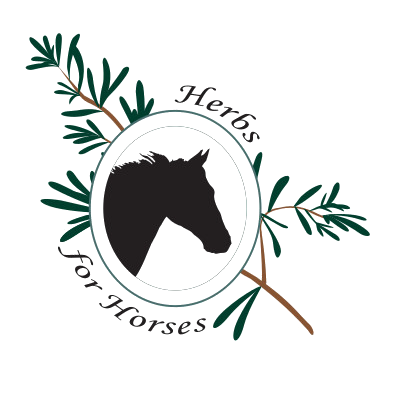Spirulina for horses (and kids)!
the value of spirulina for horses (not to mention kids):
Spirulina is a nutrient-dense microalga, that is usually fed in the form of a concentrated green powder. There are many reported health benefits from consuming spirulina, such as supporting respiratory function, and the immune system (Soni et al., 2017). This is due, in part, to the composition of proteins, vitamins, minerals, carbohydrates, trace elements and essential fatty acids that make up this superfood.
Spirulina is abundant in plant proteins (60-70% of its weight) with a full range of essential amino acids (Ravindran et al., 2016). Some common vitamins found in spirulina are beta-carotene, B1, B2, B12, and E. Note, cobalamin (B12) is the most difficult vitamin to find in a vegetarian diet, yet it is essential as a precursor to other molecules needed in the body. As well, the antioxidant properties of spirulina are due to the high vitamin E, beta-carotene, and carotenoids present. Spirulina is rich in minerals such as iron, magnesium, calcium, and phosphorus; making it advantageous for athletes, vegetarians, pregnant women, and teenagers (Ravindran et al., 2016).
The nutraceutical benefits surpass normal health food fads, as experts are using spirulina to combat malnutrition in developing countries. For example, the administration of 10g per day of spirulina significantly improved the nutritional status of undernourished children when compared to the control group in a study done by Matondo and colleagues (2016).
A review of the most recent literature published on the administration of spirulina to horses shows a reduction in health ailments. The green powder derived from freshwater blue-green algae (spirulina) exerts potent anti-histaminic, anti-inflammatory, and immune system‒moderating effects (Kornicka & Marycz, 2019). Most notably is the improvement in respiratory health, weight loss, and improved insulin sensitivity when supplemented with spirulina. Spirulina can be considered a good supplement for horses under immune stress, such as show horses or those exercising at high intensities (Michalak & Marycz, 2019). Since it increases the activity of the body’s natural antioxidant enzymes, such as superoxide dismutase and catalase, and aids in the regulation of immune and inflammatory processes (Michalak & Marycz, 2019). Nawrocka and colleagues (2017), stated that spirulina can be used as an alternative approach for supporting conventional treatments of equine metabolic syndrome (EMS). EMS is an endocrine disorder linked to insulin resistance, oxidative stress, and systemic inflammation. The overfeeding of animals and glucose metabolism dysfunction contribute to the development of EMS, which in turn creates obese and insulin-resistant animals (Kornicka & Marycz, 2019). Nawrocka and colleagues (2017), showed the in vitro supplementation of spirulina restored adipose-derived mesenchymal stromal cells (ASCs’) and intestinal epithelial cells (IECs’) function by reducing cellular oxidative stress and inflammation. IECs are the first cells to be exposed to dietary compounds during supplementation, and thus are important for optimal nutrient uptake. Also observed was a protective effect against mitochondrial dysfunction and degeneration from the spirulina extract used in the study (Nawrocka et al., 2017). In in vivo studies, compared to a control diet, spirulina supplementation led to significant weight loss, reduced body condition scores, and reduced fasting insulin levels. Five of the six EMS horses used in the study showed significantly reduced insulin levels through glucose and insulin tests conducted before and after the experiment (Nawrocka et al., 2017).
To conclude, spirulina has gained enormous attention as a successful source of nutraceutical and pharmaceuticals, both in the human and animal nutrition industries. With continued research spirulina is a promising feed additive for horses, and has the potential to mitigate endocrine disorders such as EMS.
Written by Lola Jung, January 1, 2022
References: contact Ralph
